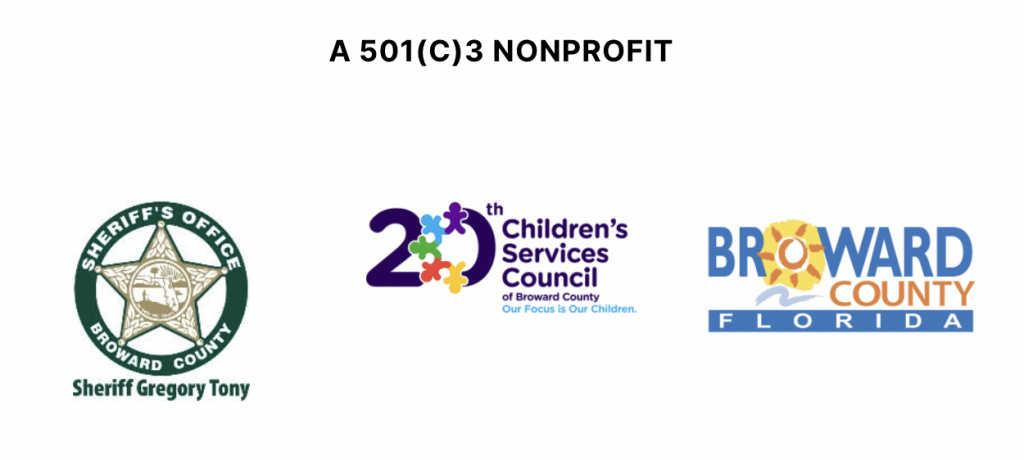
If you are thinking about seeing a therapist, congratulations! I realize how strange that sounds but hear me out.
People who are seeking therapy are not defective. They are not broken or partial people. If you are thinking about therapy, it means that you have identified something (or many somethings) in your life that you would like to improve.
That’s amazing! It can be uncomfortable to talk about your deeply held private matters with others, so even thinking about doing it at least proves one thing right away. That you’re brave.
Therapy is about discovering yourself and learning about new tools that can help you to overcome tough situations. It’s about teaching you to live better. It’s about showing you how to be the best version of yourself that you can be.
I think that certainly deserves congratulations.
There are many reasons why you might want to consider therapy. Maybe you are trying to make sense of a traumatic past or difficult relationship. Maybe you have noticed that you are repeating patterns throughout your life that keep leading to the same unpleasant results. Or maybe, you just want more from your life than what you are experiencing right now.
Ask what methods the therapist uses
Each therapist will have their areas of interest and expertise. Therapy is not a one size fits all relationship. Depending on your personality and comfort level, you may want to choose a therapist who practices in an area that will help you build trust with them.
For example, you may be someone who wants to take a logical and rigorous approach to your therapy. Cognitive behavioral therapy (CBT) is a method that provides you with meticulous and logical tools for improvement. You are given homework, asked to record your observations, and challenged to come up with counter-rationales for negative thinking. CBT is very scientific in its approach, and it can work wonders if you work the system properly.
Some people may find all of that intimidating. Maybe you would prefer to have a more emotional connection with talk therapy sessions?
Therapists may be more directive in their approach, guiding you to conclusions that they want you to reach. Others may be non-directive, providing you with basic tools while you discover those answers for yourself.
There is no right or wrong approach.
Don’t be afraid to ask about your therapist’s style and approach. If you don’t like how they guide your therapy, they won’t be offended. Find someone who fits you. That is the most important aspect to take from this.
You have to like your therapist
If you are going to do the work of self-improvement, you must be comfortable with your therapist. It is not enough just to trust them; you must like them as well.
Some therapists may be outgoing, friendly, and empathetic. Others may be more distant, clinical, and quiet giving you room to talk.
Starting therapy should feel a little uncomfortable, but it should never be distressing.
Find a therapist that fits your personality and level of comfort. If after a couple of sessions, you are not feeling a connection with your therapist, you can always find a new one. Again, they won’t be offended I promise!
Therapy is not forever
There is no definitive time to know when it is right to leave therapy. Some journeys are more involved than others. It might take time to uncover and unravel hidden causes to emotions and thoughts that are a source of distress.
You may find along the way that you have gathered enough tools to work with, and you just need some time to try them out on your own for a while.
Ultimately, it’s up to you when to decide if you need a break. You are in complete control of your journey!
Final thoughts
Navigating life doesn’t come with an instruction manual but a trustworthy therapist guiding your way may be the closest thing that you will find. School has taught us many things but learning about what makes people tick isn’t one of them.
Therapy will help you face fears that you didn’t think you were strong enough to face on your own. Your therapist can show you that all these scary things that you have been avoiding may not be so bad after all. It’s a transition. A light shining on a dark road to help guide your way.
So, congratulations. Well done on the start of a new journey, finding yourself, and living your best life.
Read these related interesting articles from the Healing Arts Blog:
Citations:
Dow, G. (2022). Things you Must know before you go to Therapy! YouTube. Retrieved 2022, from https://youtu.be/yhCKHdQp5q0.
Mayo Foundation for Medical Education and Research. (2019, March 16). Cognitive behavioral therapy. Mayo Clinic. Retrieved January 20, 2022, from https://www.mayoclinic.org/tests-procedures/cognitive-behavioral-therapy/about/pac-20384610
What is Non-Directive therapy? | psychology Today. (n.d.). Retrieved January 20, 2022, from https://www.psychologytoday.com/us/blog/what-doesnt-kill-us/201408/what-is-non-directive-therapy


No responses yet